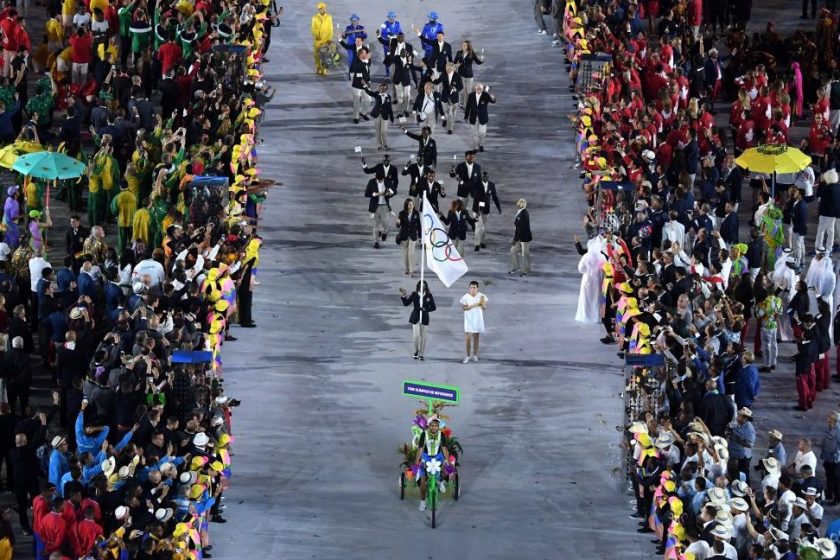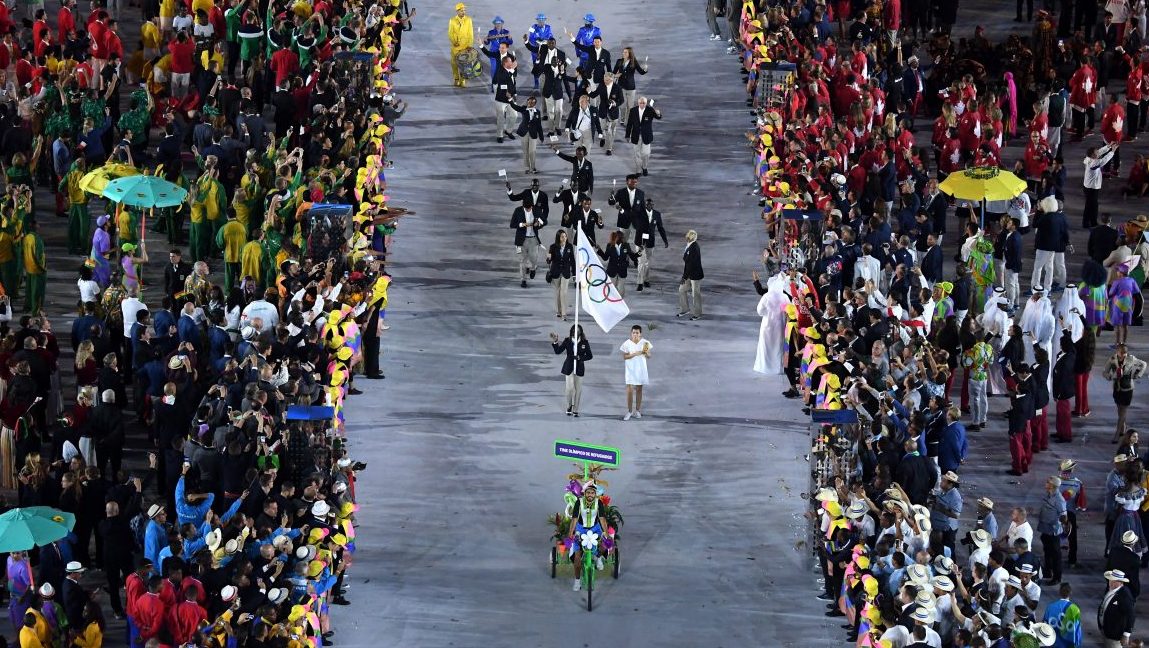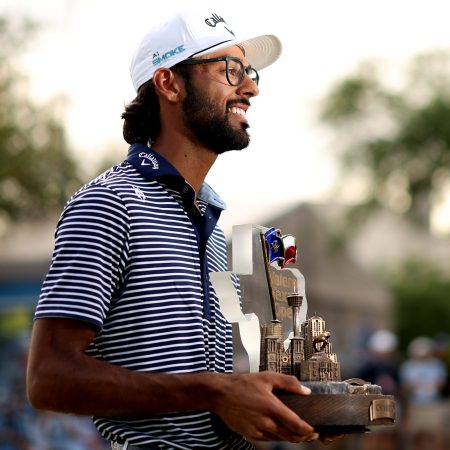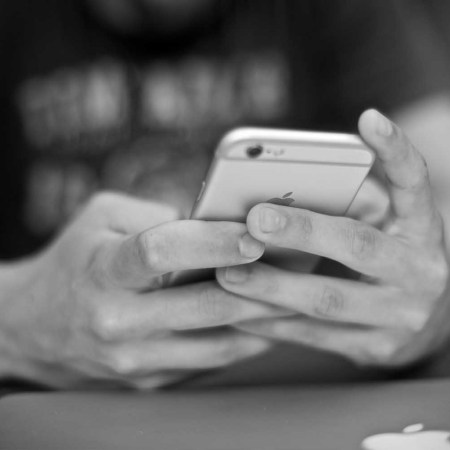
You’ve likely heard of them by now (and possibly witnessed them during the Opening Ceremony), but the International Olympic Committee created a team for those who can’t return home. It’s the first time a Refugee Team has competed in the Olympics. The 10-member team was profiled by Sports Illustrated. S.L. Price wrote:
“When International Olympic Committee president Thomas Bach announced the 10 members of the first-ever Refugee Olympic Team in June—after a yearlong global vetting by 17 national Olympic committees and the United Nations Refugee Agency and after countless tryouts in Europe and Africa that resembled nothing so much as the hunt for Willy Wonka’s golden tickets—he clearly intended the impact to redound far beyond sports. ‘A symbol of hope to all the refugees in our world,’ Bach called the squad. ‘It is also a signal to the international community that refugees are our fellow human beings and are an enrichment to society. These refugees have no home, no team, no flag, no national anthem. We will offer them a home in the Olympic Village together with all the athletes of the world.’”
Read Price’s full story here and discover these athletes’ harrowing stories. Below, meet the 10 team members and learn how they are faring in Rio, accompanied by video vignettes on each of them.
Yusra Mardini (Swimming; originally from Syria)
Ranked 41st and 45th in the women’s 100-meter butterfly (1:09.21) and freestyle (1:04.66), respectively.
Yonas Kinde (Track & Field; originally from Ethiopia)
Will be competing in the men’s marathon on Sunday, August 21.
Rami Anis (Swimming; originally from Syria)
Received standing ovation after a personal best (54.25 seconds) in the men’s 100m freestyle.
Yolande Mabika (Judo; originally from the Democratic Republic of the Congo)
Lost in the first round to Israel’s Linda Bolder.
Yiech Pur Biel (Track & Field; originally from South Sudan)
Placed 54th in the men’s 800-meter with a time of 1:54.67.
Popole Misenga (Judo; originally from the Democratic Republic of the Congo)
Beat India’s Avtar Singh in his opening match, before losing to Korea’s Gwak Dong-han.
James Chiengjiek (Track & Field; originally from South Sudan)
Finished 50th in the men’s 400-meter with a time of 52.89 seconds.
Anjelina Lohalith (Track & Field; originally from South Sudan)
Placed 40th overall in the women’s 1500-meter (4:47.38).
Rose Lokonyen (Track & Field; originally from South Sudan)
Eliminated from the women’s 800-meter in Round 1 (2:16:64)
Paulo Amotun Lokoro (Track & Field; originally from South Sudan)
Finished the highest (39th in men’s 1500-meter) for Team Refugee.
Whether you’re looking to get into shape, or just get out of a funk, The Charge has got you covered. Sign up for our new wellness newsletter today.


















